Dexona
Dexona is one of a class of drugs known as ‘Corticosteroids,’ which are used to treat a variety of allergy and inflammatory disorders, as well as serious illnesses including cancer. Dexona is used to treat and relieve the symptoms of inflammation, infections, allergic disorders, autoimmune diseases, cancer, and flare-ups of chronic illnesses. Dexona is an anti-inflammatory medicine used to treat cancers of the spine and brain, gastrointestinal inflammation diseases (Crohn’s disease, ulcerative colitis), joint disorders (rheumatoid arthritis), allergies (asthma), autoimmune diseases (lupus), and to improve appetite in cancer patients. It alleviates the symptoms of chemotherapy-induced nausea and vomiting in some cancer patients. Dexona also treats croup (barking cough) in youngsters and lowers inflammation in the eyes and ears.
Dexona contains the drug ‘Dexamethasone,’ which is commonly used to treat and prevent many types of inflammation in the body. Corticosteroids are naturally prevalent in our bodies, and Dexona supplementation provides our bodies with an extra corticosteroid to address a variety of ailments, including inflammation and allergies. Dexona is a corticosteroid that works by stopping infection-fighting white blood cells (WBCs) from traveling to the location of swelling in your body. It also inhibits a chemical messenger in the brain that causes inflammation and pain, reducing symptoms in a variety of disorders. As a result, inflammation is reduced, which could otherwise worsen the illness. Dexona is an effective treatment for a variety of inflammatory, allergy, and autoimmune illnesses.
Dexona comprises Dexamethasone, which is available in a variety of forms, including oral, injectable, nasal drops, inhalers, and spray. To get the most out of Dexona, it must be taken on a regular basis. The majority of Dexona’s negative effects do not require medical treatment and fade away with time. Stomach trouble, reduced bone density, mood swings, and increased oral thrush are all common adverse effects (due to fungal infection). However, if the negative effects do not go away, consult your doctor.
To avoid unpleasant side effects and withdrawal symptoms, it is not recommended to stop using this prescription suddenly. If you have a lung or kidney condition, muscle weakness (myasthenia gravis), blood cancer, migraine (strong headache), epilepsy (fits), tuberculosis (TB), depression, high blood pressure, or a heart condition, tell your doctor. Do not contact anyone who has shingles, chickenpox, or measles while taking Dexona. If you come into contact with someone who has them, please call your doctor right once since you will need special care if you have never had these conditions. If you have been in an accident, need to undergo scheduled surgery, are ill, or require a vaccination (particularly a live immunization), please inform your doctor, as Dexona may be discontinued in these circumstances. If you are planning to get pregnant, are pregnant, or are breastfeeding, tell your doctor before using Dexona because it is not suggested during these phases. To avoid stomach ulcer formation, especially in people with a peptic ulcer, alcohol should be consumed in moderation (stomach ulcer).
Inflammation, allergies, cancer, croup (barking cough in children), auto-immune illnesses, and rheumatoid arthritis are all conditions that Dexona is used for.
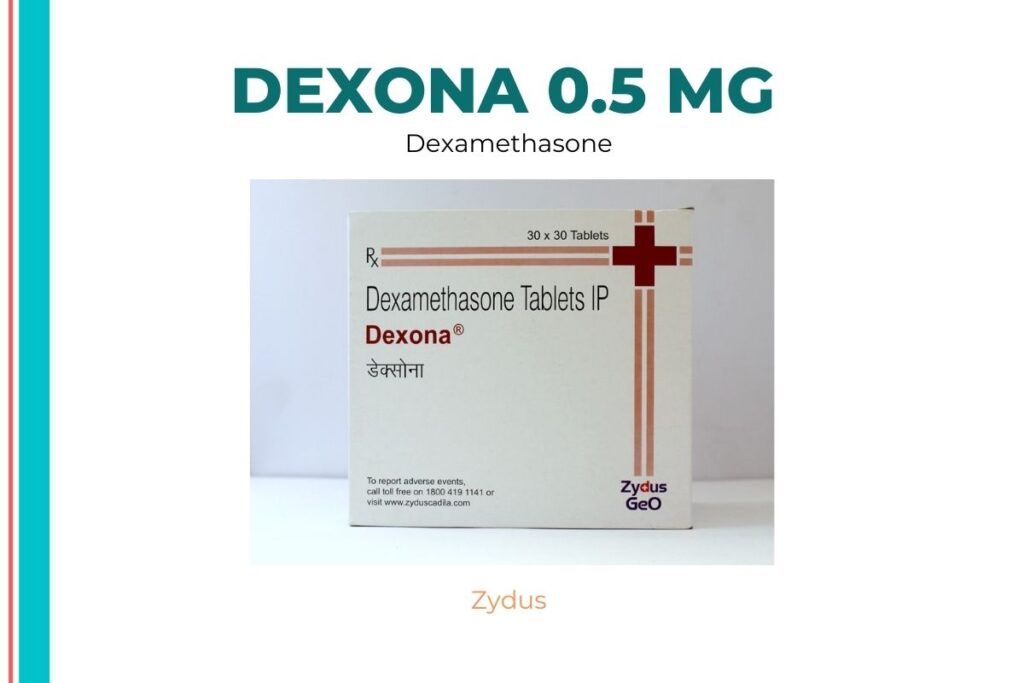
Medicinal Advantages
Dexona contains the drug ‘Dexamethasone,’ which is commonly used to treat and prevent many types of inflammation in the body. Corticosteroids are naturally prevalent in our bodies, and Dexona supplementation provides our bodies with an extra corticosteroid to address a variety of ailments, including inflammation and allergies. Dexona is a corticosteroid that works by stopping infection-fighting white blood cells (WBCs) from traveling to the location of swelling in your body. It also inhibits a chemical messenger in the brain that causes inflammation and pain, reducing symptoms in a variety of disorders. As a result, inflammation is reduced, which could otherwise worsen the illness. Dexona is an effective treatment for a variety of inflammatory, allergy, and autoimmune illnesses.
Use Instructions
To avoid stomach distress, it should be taken with a meal or shortly after a meal with plenty of water at the dose and time prescribed by a doctor. Injection form: An injection should only be given by a doctor at a hospital. Soluble tablets should be dissolved in a glass of water before being consumed. Dexona is available in liquid form and comes with a plastic syringe or spoon for precise measurement. It is not advisable to use a kitchen spoon because it does not provide the correct amount. Inhaler: Slowly inhale while pressing the mouthpiece down on the Dexona. To make a tight seal, wrap your lips around the mouthpiece. Press down on the inhaler one time as you begin to breathe in slowly through your mouth. Continue to breathe slowly and deeply.
Store in a cool, dry location away from direct sunlight.
Dexona Side Effects
Dexona, like all drugs, can produce adverse effects, though not everyone experiences them. The majority of Dexona’s negative effects do not require medical treatment and fade away with time. Stomach trouble, reduced bone density, mood swings, and oral thrush are all common adverse effects (prone to fungal infection). If you’re taking Dexona via injection, you might get some application site responses, but they’ll go away quickly. However, if the negative effects do not go away, consult your doctor. If you have any adverse reaction symptoms including rashes, itching, swelling, shortness of breath, or other, you should see a doctor right away.
Drug Recommendations
If you are allergic to corticosteroids or any of the chemicals in Dexamethasone , you should not take it. Dexamethasone should not be taken if you are pregnant, planning to become pregnant, or breastfeeding. If you stop taking Dexamethasone suddenly, you may experience headaches, eye problems, fever, and muscle soreness, which are all Dexamethasone withdrawal symptoms. To avoid withdrawal symptoms, consult your doctor and gradually reduce your dose. Do not contact anyone who has shingles, chickenpox, or measles while taking Dexamethasone . If you come into contact with someone who has them, please call your doctor right once since you will need special care if you have never had these conditions. Alcohol should be consumed in moderation because it can cause stomach ulcers when combined with Dexamethasone . If you have liver or kidney disease, myasthenia gravis (muscle weakness), blood cancer, migraine (strong headache), epilepsy (frequent fits), tuberculosis (TB), depression, high blood pressure, or a heart condition, tell your doctor. If you’ve been in an accident, need surgery, or a vaccination (particularly a live vaccine), inform your doctor that you’re taking Dexamethasone , as it must be stopped in all of the aforementioned situations.
Interactions Between Drugs
Anticoagulants (warfarin, rifampicin, rifabutin), anti-epilepsy drugs (phenytoin, carbamazepine, phenobarbitone, primidone), antacids (carbenoxolone), pain relievers (aspirin, ibuprofen), anti-HIV drugs (indinavir, saquinavir, ritonavir, cobicistat (acetazolamide).
Interactions between Dexamethasone and St. John’s wort (an antidepressant herbal supplement) and alcohol
Dexamethasone should be avoided by people who have blood cancer, muscle weakness (myasthenia gravis), depression, kidney or liver problems, high blood pressure, heart disease, diabetes, glaucoma (increased eye pressure), an underactive thyroid gland, herpes eye infection, peptic ulcer, osteoporosis (thinning of bones), epilepsy (fits), migraines, tuberculosis, and tuberculosis (TB).
Safety Suggestions
ALCOHOL
When taken with Dexamethasone , alcohol is not known to induce any negative side effects. However, drinking alcohol while on Dexamethasone can harm your liver. As a result, Dexamethasone should not be taken with Dexamethasone .
PREGNANCY
Dexamethasone is a category C pregnancy medication that should not be used during pregnancy.
BREAST FEEDING
Dexamethasone has been reported to pass through breast milk. As a result, it is not advised to be taken while breastfeeding.
DRIVING
Dexamethasone has the potential to impair attentiveness and coordination. As a result, it is best to avoid using machinery that demands focus. Dexamethasone does not make you sleepy, thus driving a car is usually safe. However, if your eyesight is impaired, do not drive a car or operate machinery.
LIVER
Dexamethasone should be used with caution if you have a history of liver illness or condition. Your doctor may need to modify the dosage.
KIDNEY
Dexamethasone should be used with caution if you have a history of kidney illness or disorders. Your doctor may need to modify the dosage.
No habit formation
Advice on Diet and Lifestyle
For a quick recovery, eat a nutritious, balanced diet and get at least 8 hours of sleep per day.
Include heart-healthy omega 3 fatty acid-rich foods and beverages in your daily diet. Low-fat cooking oils such as olive oil, soybean oil, canola oil, and coconut oil can also be used.
Contact with anyone who has chickenpox, measles, or tuberculosis should be avoided since it may lead you to have the same infection as Dexamethasone makes your body more susceptible to diseases.
To relieve pain, swelling, and inflammation, choose foods and beverages high in Omega 3 fatty acids. If you choose non-veg, omega 3 fatty acid-rich meals include flaxseeds, walnuts, soybean oil, salmon, and tuna fish.
Instead of processed foods, eat more whole foods and grains. Limiting your intake of starch may also assist to reduce inflammation.
Processed meals, sugary foods, and high-fat foods should be avoided because they might induce inflammation.
Fill half of your plate with fruits and vegetables. When used with Dexamethasone , bananas and yogurt may assist to protect your gut lining.
Limit salt intake and opt for anti-inflammatory herbs and spices like garlic, ginger, and turmeric.
Avoid alcohol since it can alter your stomach and intestine, limiting your body’s ability to absorb critical nutrients.
Other details : This item is non-refundable.
Concerns of Patients
Due to mutations in the genetic material (DNA), cancer is a disease in which body cells divide uncontrolled, sometimes producing a tumor in the surrounding tissues. There are over 100 different types of cancer, such as blood cancer, lung cancer, and breast cancer.
Rheumatoid arthritis is a long-term (chronic) autoimmune disease that mostly affects joints but also other body parts, resulting in pain, stiffness, and swelling in the affected area. Hands, wrists, and feet are the most commonly affected joints.
Allergy is an immune system reaction to external substances that are usually not damaging to the body. ‘Allergens’ are these alien substances. The severity of an allergic reaction varies from person to person. Certain foods and seasonal allergens, such as hay fever, may cause allergic reactions in some people. Others, on the other hand, may be allergic to pollen or pet dander.
Psoriasis is a skin condition that causes the skin to become scaly, swollen, and itchy.
Croup is a common childhood illness that primarily affects infants. A raspy voice, barking cough, trouble breathing, and a rasping sound when breathing are all frequent signs of croup.
The most prevalent type of auto-immune disease (a condition in which the body’s immune system assaults the body) is systemic lupus erythematosus. In the damaged organ, it generates extensive inflammation and redness.
FAQs
Do not contact anyone who has shingles, chickenpox, or measles while taking Dexamethasone . If you come into contact with someone who has them, please call your doctor right once since you will need special care if you have never had these conditions.
If you forget to take a Dexamethasone dose, take it as soon as you remember. If the next dose is approaching, do not take a double dose to make up for a missed one.
If you take more Dexamethasone than is recommended, you should see a doctor right away since it necessitates rapid medical assistance. Excessive consumption of Dexamethasone may cause throat swelling, trouble breathing, or any skin reaction.
If you stop taking Dexamethasone suddenly, you may experience headaches, eye problems, fever, and muscle soreness, which are all Dexamethasone withdrawal symptoms. To avoid withdrawal symptoms, consult your doctor and gradually reduce your dose.
Dexamethasone is a pregnancy medication of category C. As a result, it is not advised during pregnancy because it may harm the unborn child.
Dexamethasone can raise your blood sugar level if you have diabetes. If you’re using Dexamethasone and you have diabetes, keep track of your blood sugar levels. Please consult your doctor if you pass urine frequently; your diabetes medication may need to be changed.
Dexamethasone should not be given to youngsters for an extended period of time because it can cause growth retardation. It can only be used as a short-term treatment for croup disease if a child expert prescribes it.
Before using Dexamethasone , talk to your doctor if you’ve ever experienced depression or manic depression (bipolar illness), or if you’re presently taking any antidepressant medications (like lithium) for it.


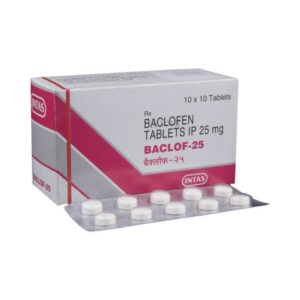
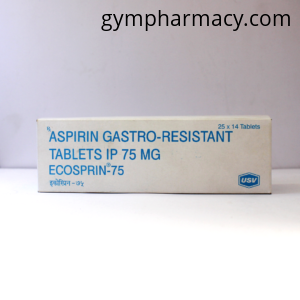
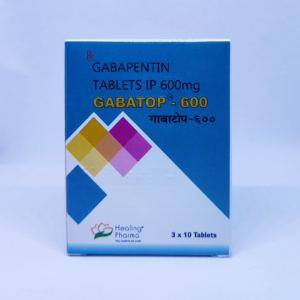
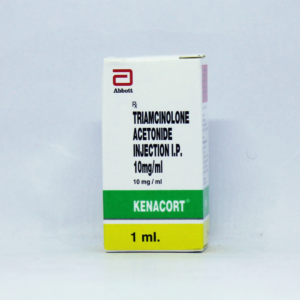
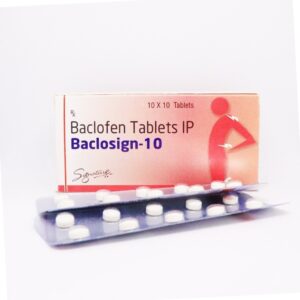

Leave a Reply
You must be logged in to post a comment.